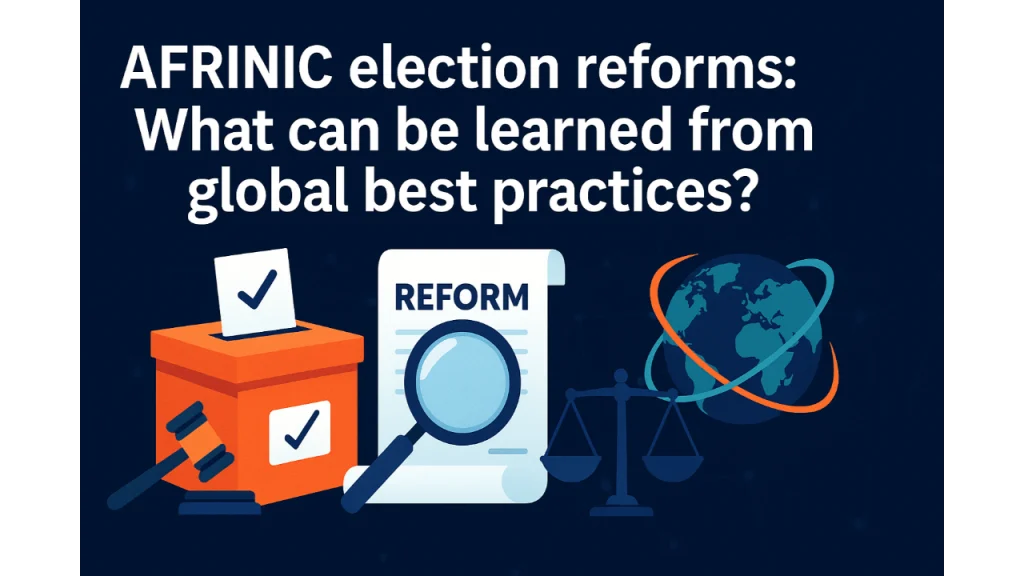- AFRINIC ignored lessons from global best practices in election governance
- Ongoing irregularities fuel legitimacy concerns and weaken global trust
Reforms that failed to fix legitimacy
The September election at the African Network Information Centre (AFRINIC) was presented as an opportunity to rebuild confidence through reform. Instead, it revealed deeper problems. A comparative review of election procedures showed AFRINIC lagging far behind global peers in enforcing transparency, accountability, and fairness.
Unlike RIPE NCC, which enforces strict checks on voter identity, or APNIC, which applies clear rules on eligibility and verification, AFRINIC’s reforms offered little change. Records remained opaque, with missing nominators, unverifiable job titles, and instances of repeated voter entries.
Legal experts warn these flaws leave AFRINIC’s elections open to manipulation. Community voices argue the registry has failed to provide consistent rules, undermining trust not only within Africa but across the global system of internet governance. Accepting the September vote as legitimate, they say, would be unjustified.
Also read: AFRINIC election: Voter fraud uncovered as ECom member threatens to resign
Also read: Why AFRINIC’s election security needs stronger legal guarantees in Mauritius
A global model at risk
AFRINIC is one of five Regional Internet Registries (RIRs), alongside RIPE NCC, ARIN, APNIC, and LACNIC. Together, these organisations allocate IP addresses and manage internet resources under a cooperative framework. Their authority is not enforced by law but by trust and voluntary compliance. That trust depends on transparent governance.
AFRINIC’s inability to run credible elections threatens this model. Reports highlight how other registries publish detailed verification procedures, maintain independent oversight, and ensure community representation. By contrast, AFRINIC has become paralysed by disputes and weak oversight.
Observers warn that AFRINIC’s repeated governance failures undermine Africa’s influence in global internet debates. Doubts over its credibility could encourage calls for more centralised oversight, shifting power away from regional institutions and undermining Africa’s digital sovereignty.
The broader consequence is that instability at AFRINIC risks damaging global confidence in the cooperative internet governance system. If one registry cannot uphold basic standards, it casts doubt on the strength of the entire model.
Also read: AFRINIC and the risk of disputed elections in a weak legal framework
Also read: Special report: Smart Africa leaked email list was obtained without consent
Lessons from global best practices
Global best practices show what AFRINIC failed to learn. ARIN enforces rigorous nomination and verification steps, RIPE NCC publishes clear dispute resolution processes, and LACNIC ensures checks on eligibility before ballots are cast. These measures provide legitimacy and prevent manipulation.
AFRINIC’s reforms, by contrast, fell short. Instead of strengthening accountability, they exposed its governance weakness and fuelled fresh controversy. The lesson is clear: without credible elections, AFRINIC risks isolating itself and damaging Africa’s standing in the global internet community.

